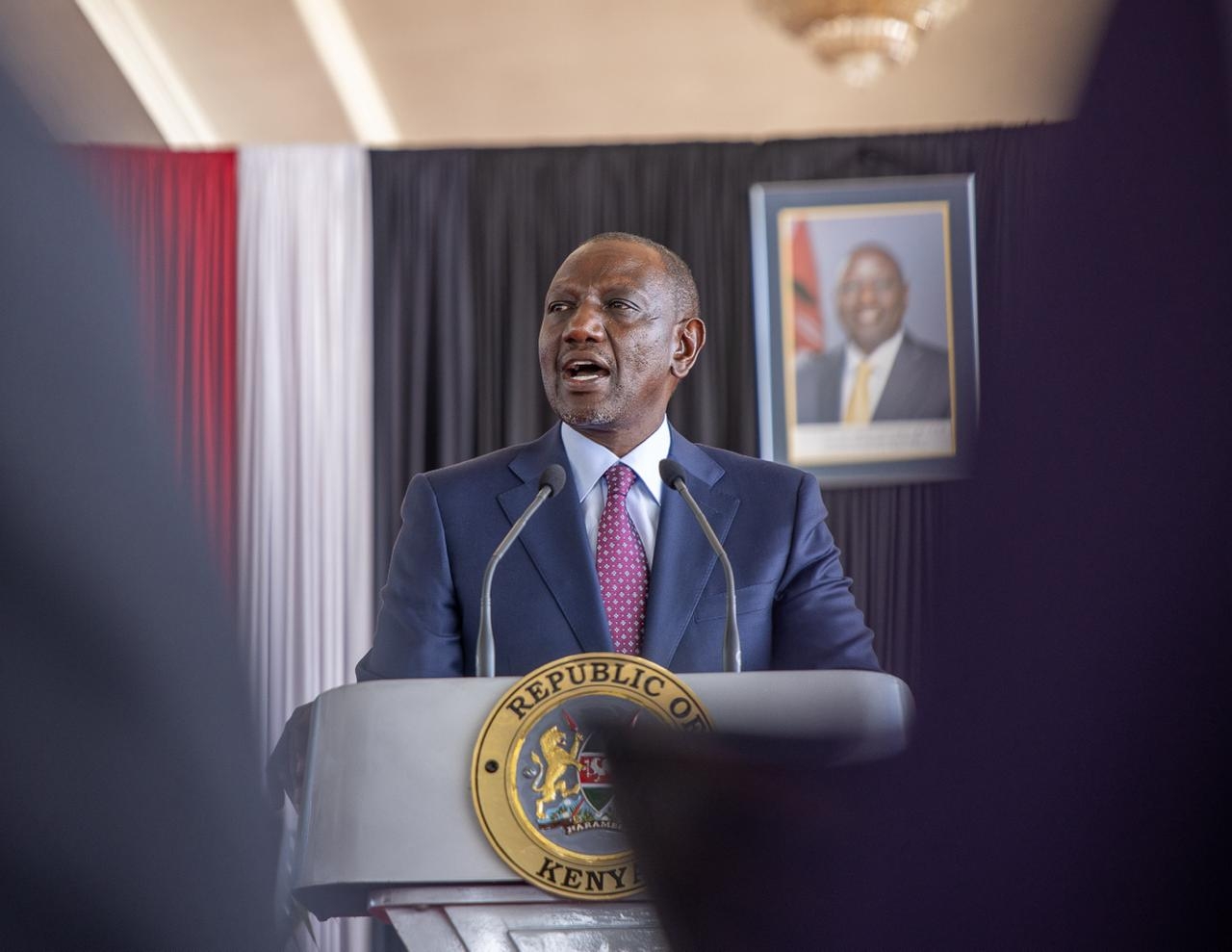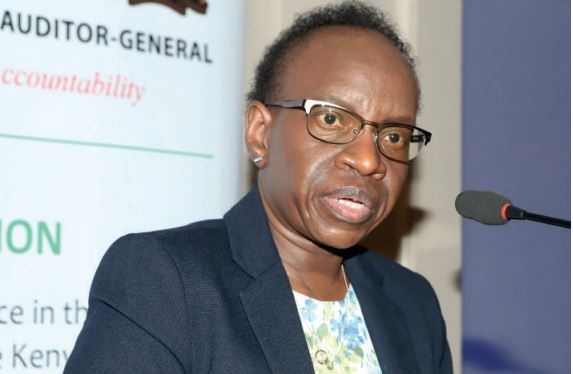
.jpg)
The Senate has invited Kenyans to share their views on a constitutional amendment bill that seeks to expand its legislative and oversight powers.
The move seeks to shake off its long-standing “idle House” tag.
In a notice published on Friday, Senate Clerk Jeremiah Nyegenye
urged the public to submit written memoranda on the Constitution of Kenya
(Amendment) Bill, 2025, which had its first reading in the House last week.
The Bill is co-sponsored by Majority Leader Aaron Cheruiyot (Kericho)
and Minority Leader Stewart Madzayo (Kilifi).
It was drafted by a team led by Justice and Legal Affairs
Committee chairman Hillary Sigei (Bomet), alongside senior counsels Okongo Omogeni
(Nyamira) and Tom Ojienda (Kisumu).
Speaker Amason Kingi referred the proposed law to the
Justice, Legal Affairs and Human Rights Committee (Jlac) for public
participation.
Jlac will also hold hearings in all 47 counties to rally
national support for what the Senate says will elevate it to the status of an
upper house.
Nyegenye said the Bill addresses “challenges of
constitutional design and architecture” that require reform to strengthen and
secure devolution, while achieving “greater harmony of the constitutional
dispensation.”
In the Bill, the lawmakers are seeking authority to approve
the national budget, vet constitutional office holders and veto decisions made
by the National Assembly.
It proposes granting the Senate power to originate any piece
of legislation, participate in the removal of state officers from office and
establish a County Assembly Fund to give members of county assemblies financial
autonomy.
“The principal object of the Bill is to strengthen and
secure devolution. The draft Bill seeks to provide a framework to achieve this
purpose by reviewing the mandate of the Senate and the National Assembly,” the
Bill says.
It also proposes a formal leadership structure for the
Senate, including the speaker, majority leader and minority leader.
Currently, the Senate’s role is largely limited to county
matters, leaving many to view it as underpowered. The proposed changes would
significantly strengthen its role—mirroring aspects of the US Senate—and
reshape Kenya’s legislative framework.
The initiative has the backing of opposition chief Raila
Odinga, who in May told senators, “We would like to see our Senate work like
that of the US – give it proper powers and responsibilities,” drawing applause
from members.
Under the proposed system, legislative authority at the
national level would be exercised jointly by both Houses, with Bills
originating in either chamber.
Allocation bills could start in the Senate, while appropriation bills could begin in the National Assembly—both subject to
amendment and potential veto by the originating House.
“The principal object of the Bill is to strengthen and
secure devolution. The draft Bill seeks to provide a framework to achieve this
purpose by reviewing the mandate of the Senate and the National Assembly," the Bill’s preamble says.
In another radical proposal, a Bill allocating revenue to
the two levels of government may originate in the Senate, but the National
Assembly may propose and pass amendments to it.
Conversely, an appropriation Bill may originate in the
National Assembly, but the Senate may propose and pass amendments to it.
“Where a receiving House amends an allocation or an
appropriation Bill, the originating House may veto the amendments by a
resolution supported by at least two-thirds of members,” it says.
INSTANT ANALYSIS
The operationalisation of the constitution, particularly devolved governance and bicameralism, has seen many successes but has also brought to the fore a number of challenges of constitutional design and architecture that require reform so as to strengthen and secure the devolved system of government and for greater unity and harmony of the constitutional dispensation. The principal object of the Bill is to strengthen and secure devolution. The Bill seeks to provide a framework to achieve this purpose.















